Determining which is easy cybersecurity or artificial intelligence is easier involves considering different aspects. Both fields have unique challenges and require specific skills.
The answer may vary based on your interests and prior knowledge. Cybersecurity focuses on protecting systems and data from threats. It demands vigilance, analytical skills, and understanding of networks. Threats evolve quickly, making the field dynamic. Artificial intelligence, on the other hand, involves creating systems that mimic human intelligence.
This requires knowledge of algorithms, programming, and data analysis. AI is about innovation and solving complex problems. Comparing these fields helps you choose a path aligned with your strengths and interests. Understanding the basics of each can guide you in deciding which field suits you better. Dive deeper to find which aligns with your goals and skills.
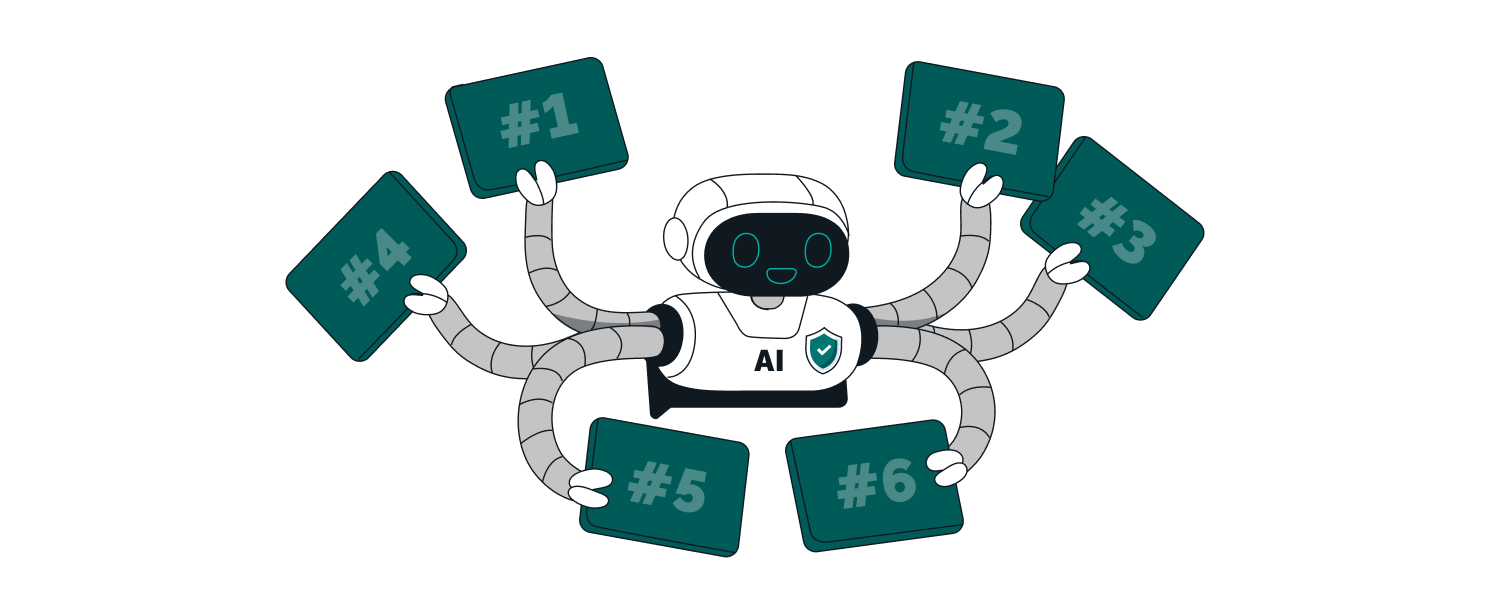
Credit: www.techmagic.co
Introduction To Cybersecurity And Ai
Exploring the complexities of cybersecurity and AI reveals intriguing challenges. Cybersecurity involves protecting digital information, while AI focuses on creating intelligent machines. Many find AI more complex due to its ever-evolving nature. Understanding both fields requires dedication and continuous learning.
Cybersecurity and Artificial Intelligence (AI) are two of the most talked-about fields in technology today. Both are essential in shaping the future. You might wonder, which is easier to grasp and apply? Let’s dive into what makes each unique and indispensable.
Brief Overview
Cybersecurity is about protecting systems, networks, and data from digital attacks. Imagine your personal information like passwords and bank details being guarded against cyber threats. It’s a field that requires constant vigilance and a proactive approach.
AI, on the other hand, involves creating systems that can perform tasks requiring human intelligence. Think of machines that can learn from data and make decisions. It’s fascinating how AI can mimic human thinking and even improve upon it.
Both fields are complex but rewarding. Cybersecurity focuses on defense and prevention, while AI emphasizes learning and adaptation.
Importance In Modern Technology
Why should you care about cybersecurity? It’s the shield protecting your digital life. With increasing cyber threats, safeguarding your online presence is more crucial than ever. Imagine the peace of mind knowing your data is safe.
AI’s importance is equally profound. It’s revolutionizing industries by automating tasks and offering insights through data analysis. Imagine a future where AI handles mundane tasks, freeing you to focus on creativity and innovation.
Both fields are pillars of modern technology. They shape how we interact with the digital world and offer vast career opportunities.
So, what sparks your interest more? Protecting the digital realm or building intelligent systems? Share your thoughts!
Foundational Concepts
Understanding the basics of both cybersecurity and artificial intelligence can seem challenging. Cybersecurity focuses on protecting data, while AI involves teaching machines to learn. Each has its own complexities and requires different skills.
Understanding the foundational concepts of both cybersecurity and artificial intelligence is crucial if you’re deciding which field might be easier for you. Each has its own set of principles and core elements that form the basis of these growing industries. By grasping these basics, you can better determine where your strengths and interests lie.
Basic Principles Of Cybersecurity
At its core, cybersecurity revolves around protecting networks, systems, and data from digital attacks. You might think of it as a digital shield guarding against unauthorized access and cyber threats.
One of the primary principles is confidentiality, ensuring information is accessible only to those authorized to view it.
Integrity is about maintaining the accuracy and consistency of data over its lifecycle. You wouldn’t want your data altered without permission, right?
Availability ensures that information and resources are accessible when needed. Think about how frustrating it is when you can’t access your emails due to a server issue.
The field also emphasizes risk management. Identifying potential threats and vulnerabilities allows you to protect valuable assets effectively.
Can you see how these principles directly impact your daily digital interactions?
Core Elements Of Artificial Intelligence
Artificial intelligence focuses on building machines capable of performing tasks that typically require human intelligence. This includes learning, reasoning, problem-solving, and understanding language.
Machine learning, a subset of AI, involves algorithms improving over time through data exposure. It’s like teaching a dog new tricks—the more you practice, the better it gets.
Natural language processing enables machines to understand and respond to human language. Ever used a voice assistant? That’s NLP in action.
Computer vision gives machines the ability to interpret and make decisions based on visual data. Imagine a self-driving car recognizing a stop sign on the road.
AI also involves robotics, where machines perform tasks autonomously. It’s fascinating to think how these machines can assist in areas like manufacturing and healthcare.
Which elements resonate more with your interests and skills? Are you drawn to protecting digital realms or developing intelligent systems? Understanding these foundational concepts can guide you in making an informed choice.
Skill Requirements
Choosing between cybersecurity and artificial intelligence depends on individual skills. Cybersecurity focuses on protecting data and systems. Artificial intelligence requires understanding algorithms and data analysis. Both fields offer unique challenges and opportunities.
Understanding the skill requirements of both Cybersecurity and Artificial Intelligence (AI) can help you decide which field might be easier for you. Each domain demands a unique set of skills and knowledge. Let’s break it down and see what you need to excel in both areas.
Cybersecurity Skills
To thrive in cybersecurity, you need a good grasp of IT fundamentals. Network security, ethical hacking, and risk management are crucial. You should be familiar with various operating systems, especially Linux and Windows.
Learning programming languages like Python and Java is beneficial. These languages help automate tasks and analyze malware.
Hands-on experience is invaluable. Setting up your own lab environment to practice can give you a real-world feel of cybersecurity threats.
Certifications like CISSP, CEH, and CompTIA Security+ can boost your credibility. Employers often look for these certifications to validate your skills.
Ai Expertise
AI requires a strong foundation in mathematics, particularly in linear algebra, calculus, and statistics. These areas are essential for understanding machine learning algorithms.
Proficiency in programming languages such as Python and R is a must. These languages are widely used in AI development.
Familiarize yourself with machine learning frameworks like TensorFlow and PyTorch. These tools simplify the process of building AI models.
Practical experience is key. Working on projects, such as developing chatbots or predictive models, can help you apply what you’ve learned.
AI also requires continuous learning. The field evolves rapidly, so staying updated with the latest research and trends is crucial.
Now, think about your own skills and interests. Are you more inclined towards protecting systems or creating intelligent solutions? Which skill set excites you more? The answers to these questions can guide you to the right path.
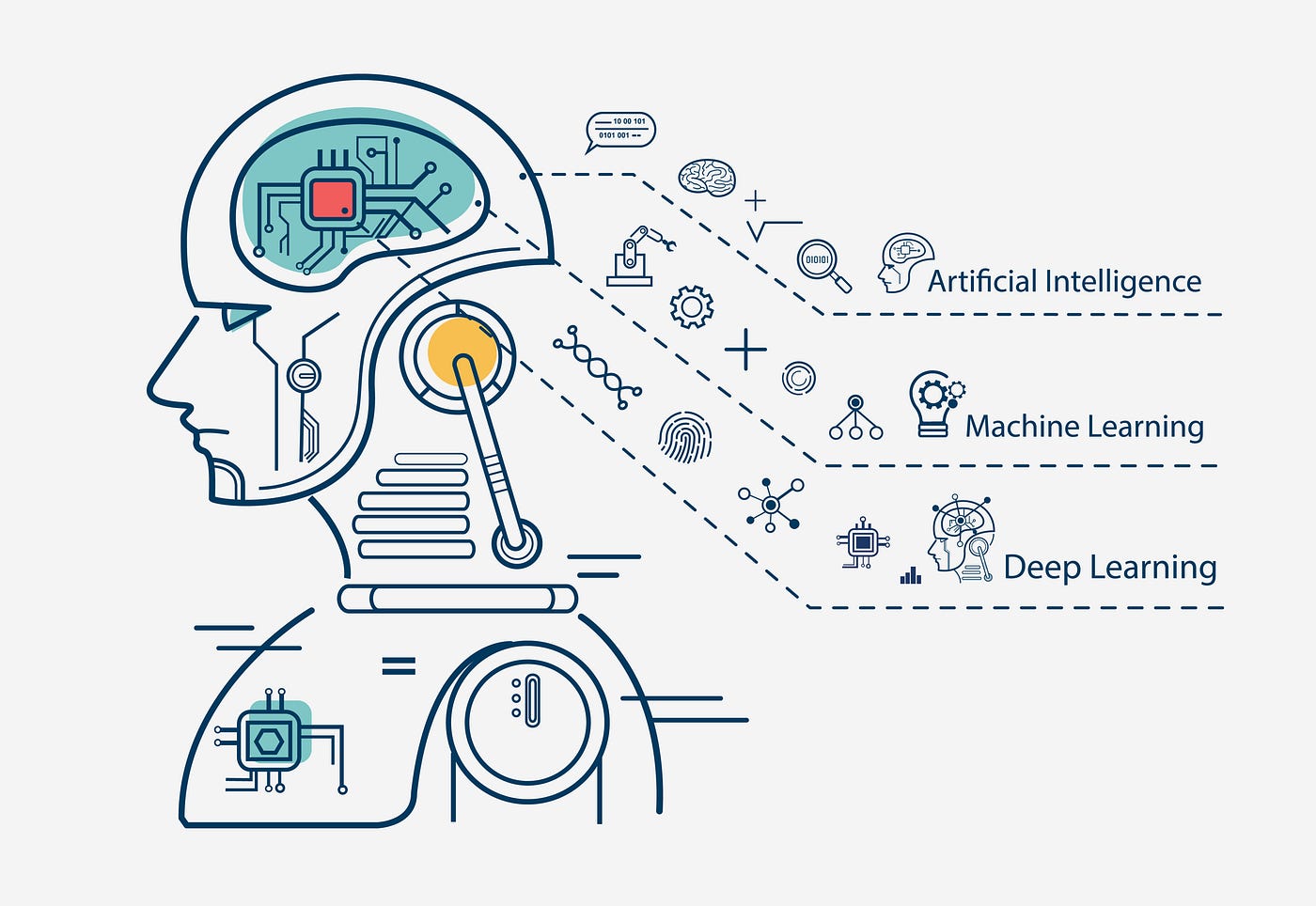
Credit: medium.com
Learning Curve
Understanding the learning curve is crucial for choosing between cybersecurity and artificial intelligence. Both fields offer exciting opportunities and challenges. But they require different approaches and skills. Each has its unique learning path, demanding dedication and persistence.
Cybersecurity Learning Path
Cybersecurity focuses on protecting computer systems and networks. It involves understanding threats, vulnerabilities, and security measures. Beginners start with basic IT knowledge. Network security and system administration skills are essential. Certifications like CompTIA Security+ and CISSP provide a strong foundation. Hands-on experience is crucial in this field. Real-world problem-solving enhances learning. Cybersecurity demands continuous updates. New threats and technologies evolve rapidly.
Ai Learning Journey
Artificial Intelligence centers on creating smart machines. It requires a strong foundation in mathematics and programming. Python is a popular language for AI development. Basic courses cover algorithms, data structures, and machine learning principles. Online platforms offer interactive tutorials and projects. Advanced topics include deep learning, neural networks, and natural language processing. AI is a fast-evolving field. Staying updated with research papers and industry trends is vital.
Career Opportunities
Are you at a crossroads, trying to decide between a career in cybersecurity or artificial intelligence (AI)? Both fields are booming with opportunities. However, the paths they offer are distinct and cater to varied interests and skills. Understanding these differences can help you make a more informed decision. Whether it’s the thrill of protecting data or the excitement of building intelligent systems, each field has something unique to offer.
Job Roles In Cybersecurity
Cybersecurity offers a wide array of roles. You might find yourself as a Security Analyst, monitoring systems for breaches. Or perhaps a Penetration Tester, trying to uncover vulnerabilities before hackers do.
If you enjoy setting up defenses, a role as a Security Architect could be your calling. There’s also the option of becoming a Chief Information Security Officer (CISO), where you oversee the entire security strategy.
What’s intriguing is that each role demands different skills. Analytical thinking is essential for a Security Analyst, while creativity and problem-solving are crucial for a Penetration Tester. Which skills do you possess?
Career Paths In Ai
Artificial Intelligence also offers diverse career paths. As a Machine Learning Engineer, you develop models that allow systems to learn from data. If you’re more into human-computer interaction, consider a role as an AI Interface Designer.
Data Scientists are highly sought after, using data to generate insights and predictions. Then there’s the AI Research Scientist, whose job is to push the boundaries of what’s possible with AI.
Each career path in AI requires a unique blend of skills. Mathematical proficiency is crucial for a Machine Learning Engineer, whereas a knack for design is vital for an Interface Designer. Which path aligns with your strengths?
Your choice between cybersecurity and AI hinges on your interests and skills. Do you thrive on the challenge of outsmarting hackers or are you more fascinated by the idea of creating intelligent systems? Both fields offer promising futures, but the journey is yours to choose.
Industry Applications
Exploring the complexities of cybersecurity and artificial intelligence reveals distinct challenges. Cybersecurity focuses on protection against threats, demanding constant vigilance. Artificial intelligence involves developing systems that mimic human thinking, requiring deep technical expertise. Both fields present unique difficulties and opportunities for growth.
Industry applications of cybersecurity and artificial intelligence are vast and varied. Each technology offers unique solutions tailored to different sectors. Understanding their applications helps businesses choose the right tool for their needs. Let’s explore how these technologies integrate into various industries.
Cybersecurity In Various Sectors
Cybersecurity is crucial in protecting sensitive data across industries. In healthcare, it safeguards patient records from unauthorized access. Financial institutions rely on cybersecurity to prevent fraud and secure transactions. Retailers use it to protect customer data during online shopping. The education sector uses cybersecurity to secure student records and digital learning platforms. Government agencies depend on it to protect national security information. Cybersecurity is essential in every sector where data security is a priority.
Ai Use Cases Across Industries
Artificial intelligence enhances efficiency and decision-making across industries. In manufacturing, AI optimizes production lines and predicts equipment failures. The healthcare sector uses AI for diagnostic imaging and personalized treatment plans. Financial services employ AI for risk assessment and fraud detection. In retail, AI powers personalized shopping experiences and inventory management. The automotive industry uses AI for self-driving technology and safety features. Each industry benefits uniquely from AI’s capabilities.
Challenges And Obstacles
Cybersecurity and artificial intelligence offer great potential. Yet, they face significant hurdles. Understanding these obstacles is key. It helps in navigating their complexities.
Cybersecurity Challenges
Cybersecurity battles constant threats. Hackers grow more sophisticated. New malware appears daily. Protecting data is a constant race. Security systems must adapt quickly. User error also poses risks. People often use weak passwords. This makes systems vulnerable. Updating security protocols is crucial.
Ai Development Hurdles
Artificial intelligence faces its own challenges. Data quality impacts AI effectiveness. Inaccurate data leads to poor results. Training AI requires vast data. Gathering this data can be tough. Ethical concerns are present too. AI must make fair decisions. Bias in AI systems is a concern. Developers must ensure transparency. AI systems should be easy to understand. This builds trust and reliability.
Future Prospects
Exploring the future, cybersecurity and artificial intelligence both offer unique challenges and opportunities. Cybersecurity focuses on protecting data, while AI aims to create smart systems. Each field requires distinct skills and knowledge.
The future of technology holds exciting prospects. Both cybersecurity and artificial intelligence will evolve. Understanding these fields helps prepare for what’s next. Each offers unique opportunities and challenges.
Future Trends In Cybersecurity
Cybersecurity will face new threats. Hackers are getting smarter. Organizations will need stronger defenses. Automation will play a role in security. AI can help identify threats faster. Machine learning will improve threat detection. Big data analytics will pinpoint vulnerabilities. Cybersecurity will become more proactive.
Emerging Ai Innovations
AI is advancing rapidly. New algorithms are emerging. These will enhance machine learning. AI will impact industries like healthcare and finance. Robotics will benefit from AI improvements. Natural language processing will become more sophisticated. AI will create smarter systems. These systems will solve complex problems. They will improve decision-making across sectors.

Credit: www.temok.com
Frequently Asked Questions
Which Pays More, Cyber Security Or Ai?
AI typically pays more than cyber security. Both fields offer lucrative salaries, but AI professionals often command higher wages.
Which Is Better To Learn Ai Or Cyber Security?
Both AI and cyber security are valuable fields. Choose AI for innovation and data analysis; choose cyber security for protecting data and networks.
Is Cyber Security Easy Or Hard?
Cybersecurity can be challenging due to complex threats and evolving technologies. It requires constant learning and adaptability. Skills in problem-solving, technical knowledge, and vigilance are crucial for success. While it may seem daunting, determination and continuous education can make mastering cybersecurity achievable.
Is Artificial Intelligence Course Easy Or Hard?
An artificial intelligence course can be challenging. It depends on your background in math, programming, and problem-solving skills. With dedication and practice, it becomes manageable. It’s vital to stay curious and committed to learning. Some find it easier with a solid foundation in related fields.
Conclusion
Choosing between cybersecurity and artificial intelligence isn’t simple. Both fields offer unique challenges. Cybersecurity focuses on protecting data. It requires constant vigilance. Artificial intelligence emphasizes learning and innovation. It demands creativity and problem-solving skills. Each field has its complexities and rewards.
Interest and skills will guide your choice. Both areas promise exciting careers. Learning more about each can help. Explore both to find your passion. Remember, understanding is key. Stay curious and informed. Your future in tech awaits!



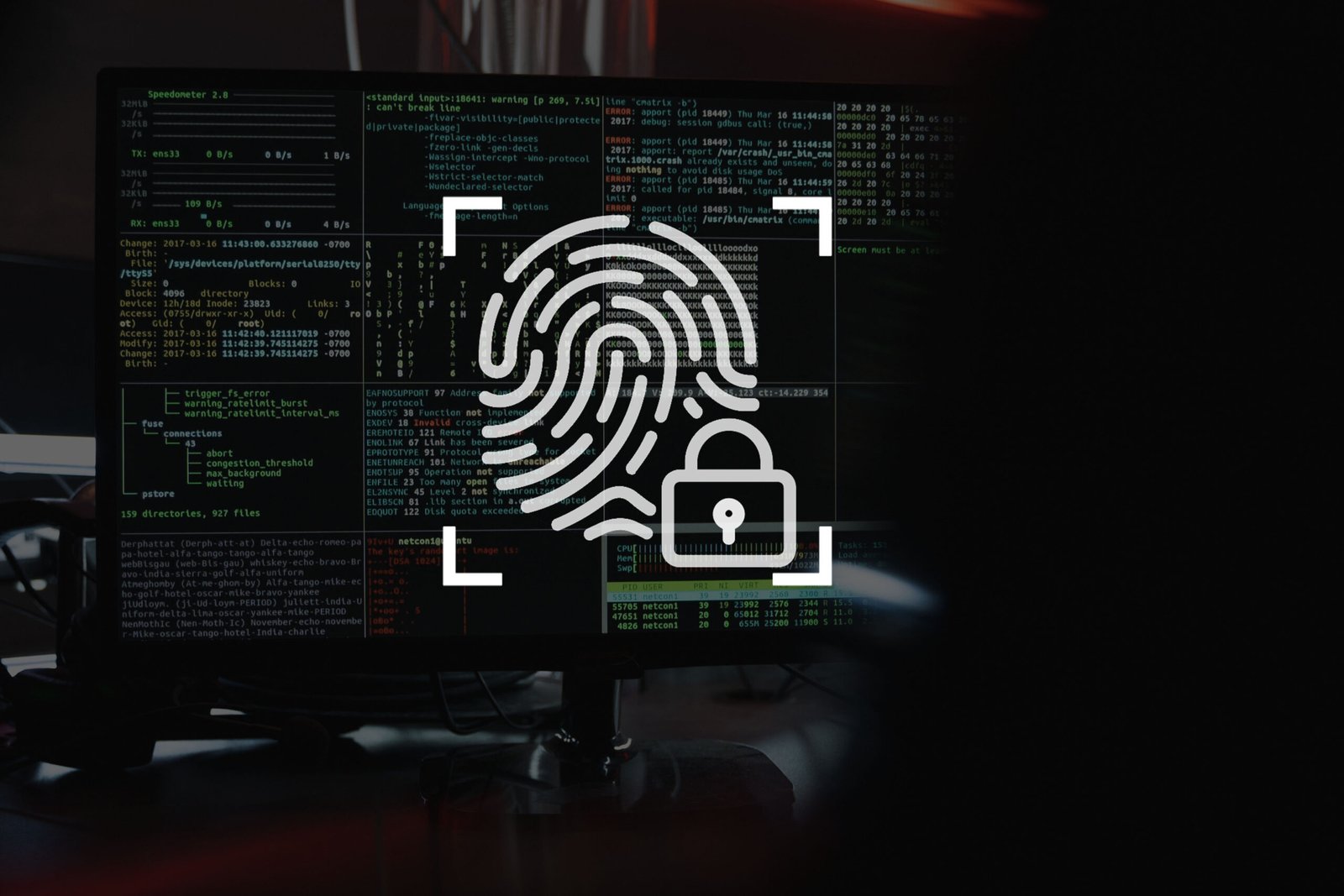

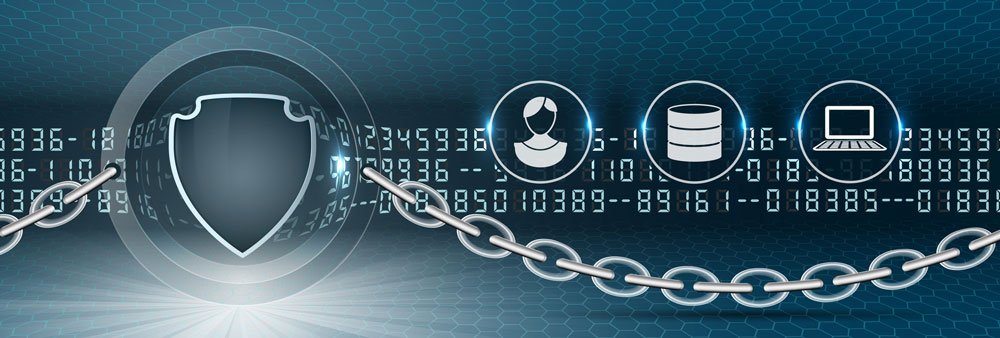
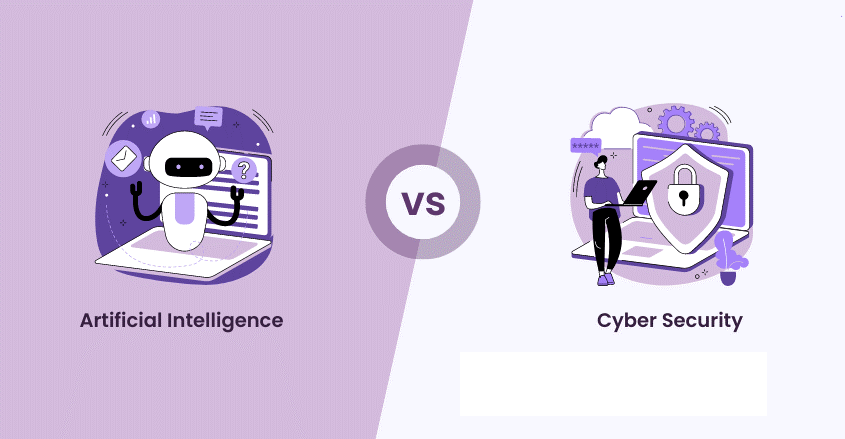
3 responses to “Which is Easy Cybersecurity Or Artificial Intelligence: A Detailed Comparison”
[…] technologies emerge every day. Artificial Intelligence and Machine Learning are at the forefront. They offer advanced ways to detect and respond to […]
[…] cloud platforms integrate artificial intelligence with cloud computing. They enable data storage and processing online. Businesses access advanced […]
[…] does the future hold for Street Smart Parts? Expect more integration with AI and IoT, making cars even smarter and more responsive. Innovations in materials and design will […]